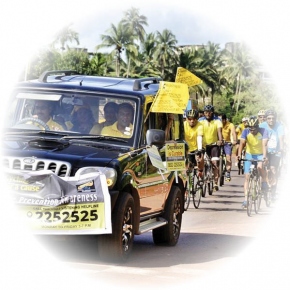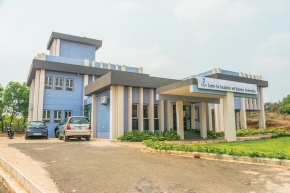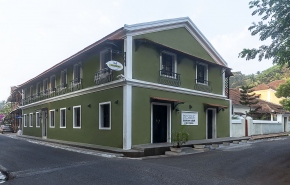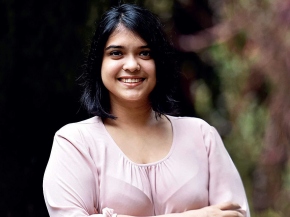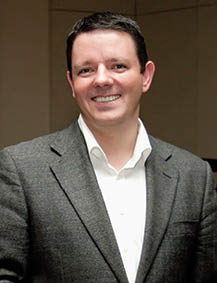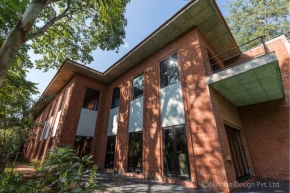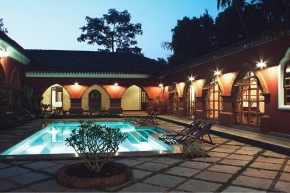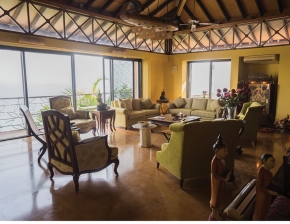Latest
- Axis Mutual Fund launches Axis Global Innovation Fund of Fund
- IHCL EXPANDS amã STAYS & TRAILS PORTFOLIO IN GOA
- Ending Period Taboo
- Scheme Snafu
- Equal Future
- Transcending Stereotypes
- Reboot for 2021- Refreshed & renewed with Jiva spa @ Taj, Goa
- Cottonfab 2021 at Kala Akademy
- Lockdown Dairy: Fests & Zatras remembered
- Aby Jose
A Green Revolution
At a time when farming appears to be last on the list of a Goan’s possible professions, the Chorao Farmers’ Club is out to encourage the part-time farmer and those who are willing to look at farming as a viable business
Farming is a profession that has over time lost its appeal. With a wider variety of job opportunities, better education, and high salaries in other professions, the grass seems greener on the other side. From being one of the top jobs of Goa in the pre-Liberation age, farming as a profession has not only lost it’s charm, but has also seen plenty of fertile farmland lying untended as families have switched to other jobs. In many cases, families are selling the land to make a quick buck.
Those who soldier on in farming face a variety of problems such as access to infrastructure, knowledge, resources, etc. It has become increasingly difficult to be a farmer. To help seek solutions to these problems, the National Bank for Agriculture and Rural Development (NABARD) started an initiative called ‘Farmers’ Clubs’ to promote agriculture, improve productivity and cut costs by improving efficiency.
Premanand Mhambre, President of the Chorao Farmers Club says, “The Farmers’ Club process involves a group of farmers coming together under the aegis of a bank branch. Back in late 2007, the branch manager of Central Bank, Manish Kulkarni, got in touch with me to start a Farmers’ Club for Chorao. Traditionally, Chorao has been predominantly agricultural. Khazan lands are used for paddy cultivation. Bharaad land is used for rabi rice, mangoes and coconuts, while hillock areas are usually for cashew plantations. The club was formally inaugurated in February 2008 with 22 members. An official from The Energy and Resources Institute (TERI) Yogita Mehra came for the inauguration. The club was also able to secure funding from the Toyota Foundation, Japan.”
NABARD provides `10,000 in funds to each club for a period of three years, which are to be utilised to hold meetings to solve the farmers’ problems and source experts to speak to the farmers. These ‘Meet The Expert’ programmes are usually held twice a year. The monthly meetings are held at the sponsor bank’s premises. The bank branch provides ‘Kisan Credit Cards’ (KCC) to the farmers thereby ensuring their financial security. The bank branch sends reports to NABARD about the initiatives and activities of the club.
“However, we wanted to grow beyond the scope of NABARD’s plan for Farmers’ Clubs. For that we required to secure additional finances and so we realised we needed to approach the government. For that, the club had to be registered under the Societies Registration Act. Today, the club has grown to 125 members, all thanks to the support of not just the club team, but also the helpful bank officials. Of particular note was Amrik Singh Deol who was transferred to Chorao. He was most supportive of our work, primarily because he was from the agricultural state of Punjab and had a background in agriculture. His efforts helped expand the activities of the Club,” notes Mhambre.
Read the full article in 'Viva Goa' magazine copy.
Viva Goa magazine is now on stands. Available at all major book stalls and supermarkets in Goa.

